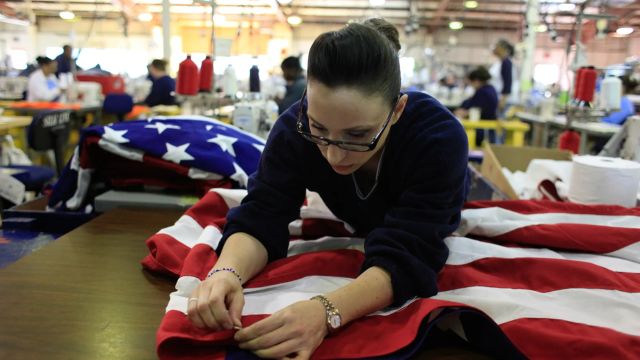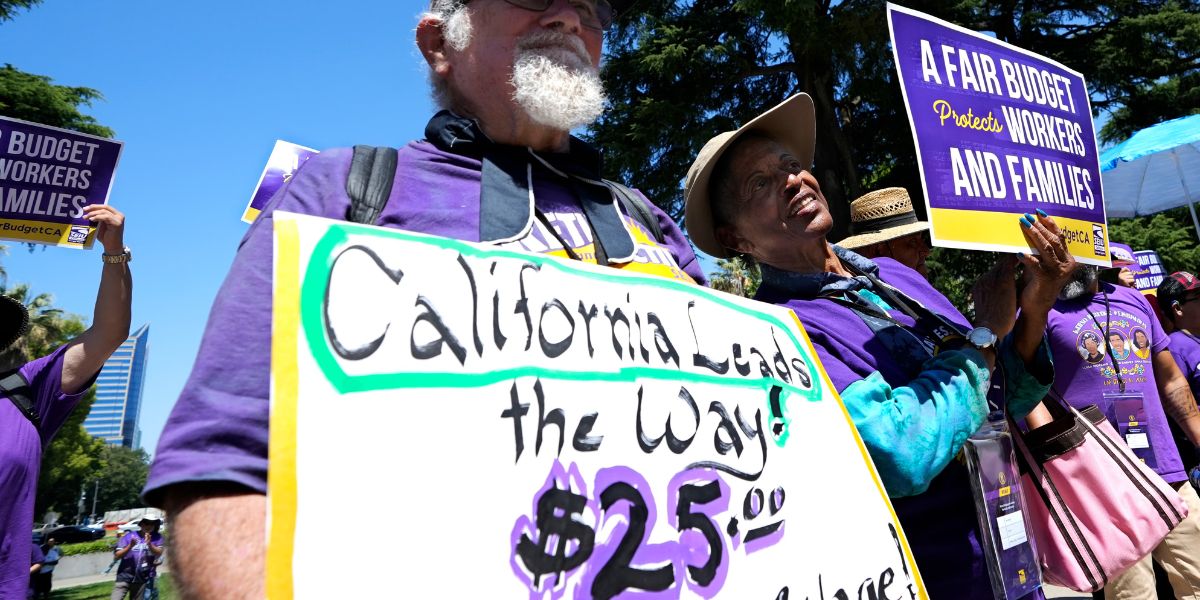MJP –
As California approaches its next election, a significant ballot measure has emerged that aims to address the contentious issue of forced labor in the state’s prison system.
Proposition X, if passed, would prohibit the involuntary labor of incarcerated individuals, marking a pivotal shift in the conversation around prison reform and human rights in California.
California’s prison system has long been criticized for its use of inmate labor, which many argue amounts to modern-day slavery. Under current laws, incarcerated individuals can be required to work for minimal pay—often just a few cents per hour—performing tasks ranging from maintenance and agriculture to manufacturing goods for private companies.
Advocates for reform argue that this practice exploits vulnerable populations and fails to provide fair compensation for labor.
Proposition X seeks to change this dynamic by explicitly banning the practice of forced labor in California prisons. Proponents argue that such a law would uphold the dignity of incarcerated individuals and ensure that any labor performed is voluntary and compensated at a fair wage.
Support for the Measure
Advocates for Proposition X include a coalition of civil rights organizations, labor unions, and prisoner advocacy groups. They argue that banning forced labor is a crucial step toward achieving broader criminal justice reform.

The measure is seen as part of a larger movement to address systemic inequalities and protect the rights of incarcerated individuals.
Supporters emphasize that many inmates come from marginalized communities and are often subjected to exploitative conditions. By banning forced labor, they hope to create a more equitable system that recognizes the humanity of those who are incarcerated.
Opposition to the Measure
While the measure has garnered significant support, it faces opposition from some law enforcement agencies and political groups. Critics argue that inmate labor is essential for maintaining prison operations and providing rehabilitation opportunities.
They contend that many incarcerated individuals benefit from work programs, which can help them acquire job skills and prepare for reintegration into society.
Sweet Times Now! A Massive U.S. Bank Announces Plans for 165 New Branch Openings
Opponents also express concerns about the potential economic impact on prison facilities and state budgets, arguing that eliminating forced labor could lead to higher operational costs. They fear that the measure might hinder programs that have, until now, provided structure and purpose for inmates.
The Broader Implications
The decision on Proposition X has the potential to reshape the landscape of prison labor not just in California, but across the nation.
If passed, it could set a precedent for other states to follow, inspiring similar legislative efforts aimed at protecting the rights of incarcerated individuals. The measure aligns with a growing national conversation about prison reform, criminal justice equity, and the treatment of marginalized populations within the legal system.
Conclusion
As California voters prepare to make their voices heard on Proposition X, the stakes are high. This ballot measure represents not just a policy change, but a significant moment in the ongoing struggle for justice and human rights.
Whether California will take a bold step toward ending forced labor in its prisons remains to be seen, but the discussions surrounding this issue are sure to resonate far beyond the ballot box. The outcome could serve as a critical turning point in the movement for equitable treatment of all individuals, regardless of their circumstances.




